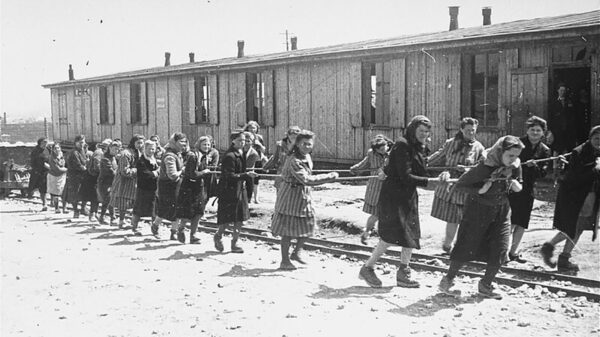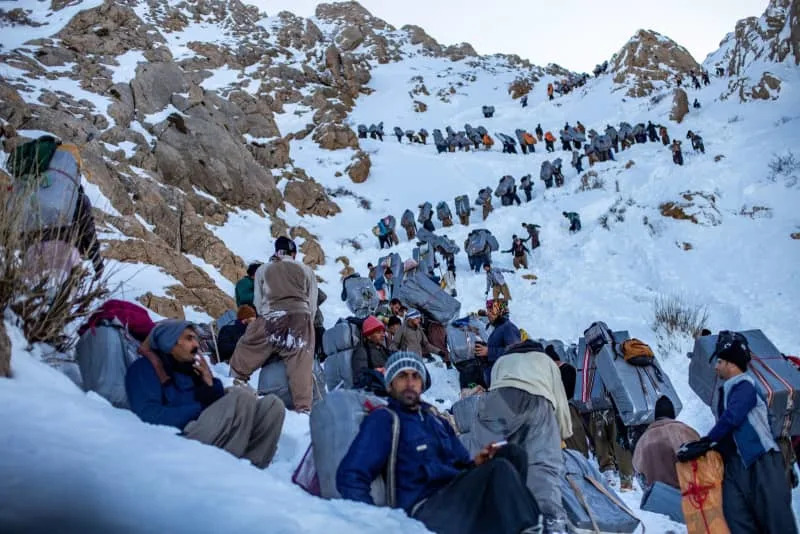Iran’s judiciary has executed three Kurdish porters, raising significant concerns over the legitimacy of the charges against them. The individuals were accused of “moharebeh” (enmity against God) and “efsad-e fel-arz” (corruption on earth), both of which can carry the death penalty. This execution occurred on the same day that a ceasefire was announced between Israel and Iran, according to the BBC’s Farsi site. The family of one of the executed porters maintains his innocence, arguing that he would not have willingly gone to a location where he knew he would be arrested.
The three porters were reportedly arrested two years ago, facing allegations of collaborating with the Mossad, Israel’s national intelligence agency. They were accused of smuggling equipment intended for the assassination of Iranian officials. Despite these serious allegations, human rights organizations have condemned the executions as unjust, asserting that the individuals were not afforded a fair trial and that any confessions were likely obtained under duress.
The daughter of one of the executed porters has appealed to the Kurdish Regional Government (KRG) in northern Iraq for assistance in retrieving her father’s body. She stated that her family will not accept the news of his execution until they can see his remains. Nevertheless, the KRG has indicated to the BBC that they have yet to receive a formal request to assist in this matter.
Context of the Executions
Kurdish porters frequently work along the border between the KRG and Iran, transporting goods that are typically pre-packaged. These porters do not open the packages, as Iranian buyers only accept goods that remain sealed. A KRG security official commented on the allegations, suggesting that even if the Iranian claims were accurate, it is unlikely that the porters were aware they were transporting materials for an assassination. The official noted that Mossad has sophisticated methods for concealing equipment and would not rely on porters in border villages for such operations.
Furthermore, the official emphasized the lack of evidence indicating that equipment was smuggled from Kurdistan to Iran, asserting that Mossad does not need to use porters for its operations. The three Kurdish porters were specifically accused of transporting equipment related to the assassination of nuclear scientist Mohsen Fakhrizadeh.
International Response and Human Rights Concerns
International human rights organizations have raised alarms about these executions, suggesting that they serve to “terrorize the population” of Iran rather than to address actual criminal behavior. Following Israeli airstrikes in June, there is a growing belief that such actions may be politically motivated.
Mahmood Amiry-Moghaddam, Director of Iran Human Rights, criticized the judiciary for conducting the executions without a fair trial. He asserted that the confessions obtained from the accused were likely coerced and called the process by which these individuals were executed “rushed and unjust.”
As the situation unfolds, the executions of these Kurdish porters highlight the ongoing tensions in the region and the complex interplay of political, ethnic, and human rights issues in Iran. The families of the victims and human rights advocates continue to demand justice and accountability in what they describe as a troubling pattern of state-sponsored violence against vulnerable communities.






































































